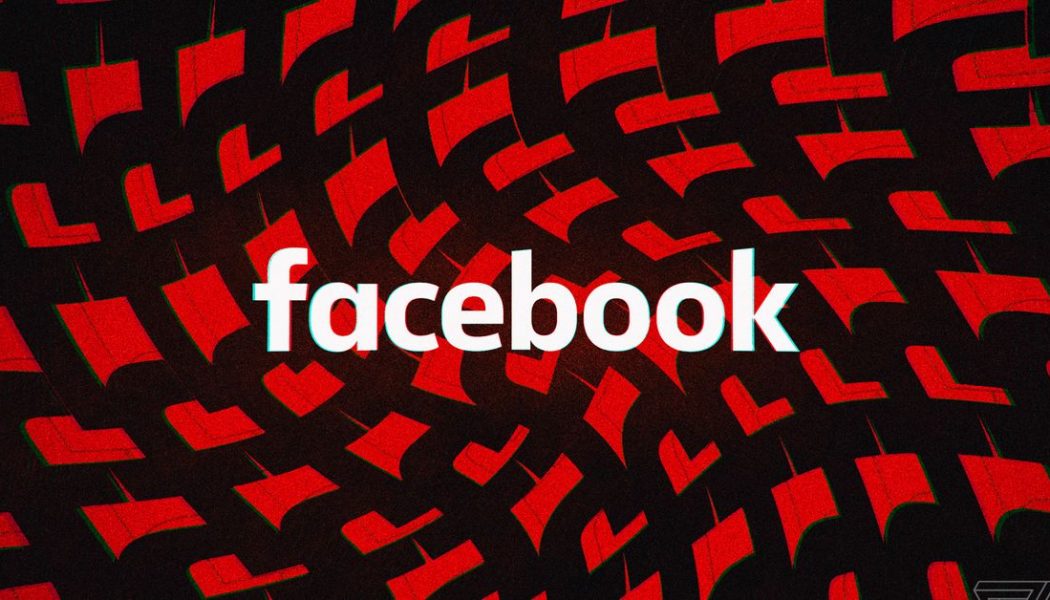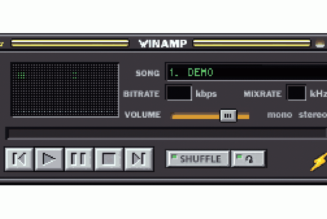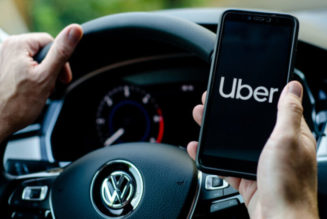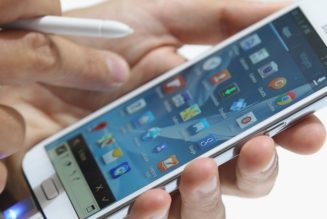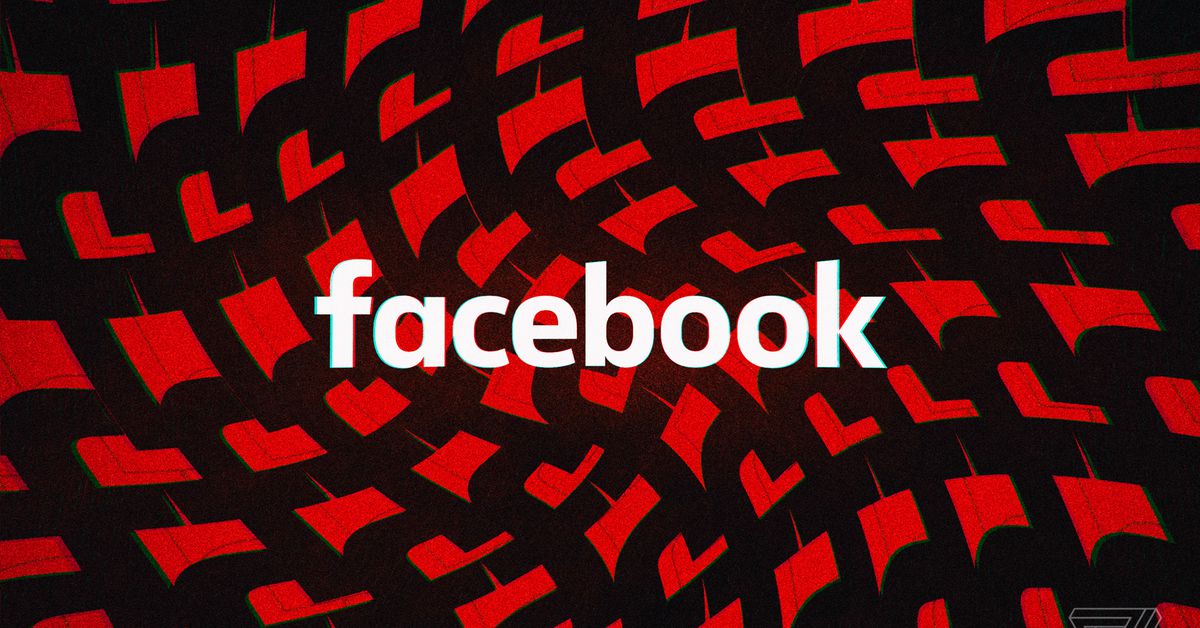
Facebook’s voter information center was planned as a nonpartisan push to register voters, but it ran into unexpected trouble from Republicans. A new report from BuzzFeed News reveals that six Republican secretaries of state contacted CEO Mark Zuckerberg in September to ask him to discontinue the project.
“While such goals may be laudable on their face, the reality is that the administration of elections is best left to the states,” read the letter, obtained by Common Cause through a public records request. “The Voting Information Center is redundant and duplicative of what we, as chief election officials, have been doing for decades.”
The letter was sent directly to Zuckerberg from the secretaries of state of Alabama, Idaho, Kentucky, Louisiana, Mississippi, and West Virginia, all working on behalf of Republican state governments.
The Trump campaign was vocally skeptical of Facebook’s voter registration effort when it was announced. In a since-deleted Tweet from June, campaign digital director Gary Coby accused the project of being an effort to help Biden. “They will register more of Biden’s voters than Trump’s,” Coby writes. “Why? A radical liberal will be in charge & FB will not be transparent.”
Reached for comment, Facebook denied any partisan slant to the project. “We think every eligible person should have the information they need to register and vote,” a representative said. “That’s why we’re running the largest voting information campaign in American history and launched the Voting Information Center.”
Facebook’s pro-voting efforts have also been criticized by the left, largely on the grounds of the platform’s implicit power to sway democratic outcomes. In 2012, Facebook experimented with an “I Voted” button in the News Feed, discovering that the button increased turnout by 3 percent among users who saw it. That translated to as much as 340,000 additional voters, which some critics saw as evidence of Facebook’s power to tip an election.
Facebook announced earlier this week that it had registered 4.4 million new voters through the drive, far exceeding its initial goal of 4 million. The project comes amid a nationwide surge in registration and early voting for the 2020 election. With six days remaining before polls close, more than 70 million votes have already been received, more than half the total votes counted in the 2016 election.
